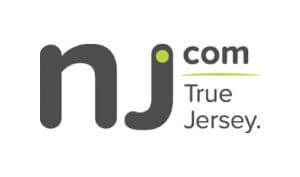Another insightful story on automatic license plate scanners, this time in use in Nutley. Every story gives a little more insight into how broadly these systems are being used to track people. According to NorthJersey.com, after a year of use, Nutley has “recorded and stored the information for 675,000 license plates which led to 13,000 hits”. The types of hits recorded include stolen vehicles, and expired registrations. The article also acknowledges that the system gets data hits for possible suspended licenses and outstanding warrants by the registered owner.
This particular system Nutley uses is the PAGIS, or Police ALPR Graphical Interface System. It was jointly developed by Pips Technology and Motorola.
The article also mentions the investigative uses of the passive data collected on non-hits, such as information on where a car has been, matching photographic evidence, location, and time data in conjunction with witness information. So for example, if a witness suggests that a suspicious vehicle is parked outside a building every night at 10pm, the police can review the data to see if that information was also captured by the license place scanner.
This is the kind of ominous data collection and analysis that the government is capable of. These abilities will only get stronger as more systems are used, and more data is collected, merged, and shared. We write often about these government surveillance capabilities often here.
The Pips Technology site also goes into some detail about the data mining capabilities of these systems. It is a strong selling point of the systems, and from the North Jersey.com story, you can tell that police naturally love the access to all this information. No doubt it extends the ability of them to do there jobs.
But the question is at what cost to citizen’s freedom, and civil liberties? This kind of governmental surveillance power used capriciously or menacingly is an obvious threat to a free nation.
We should be having this discussion as a people before the surveillance state gets further entrenched in our daily lives.








